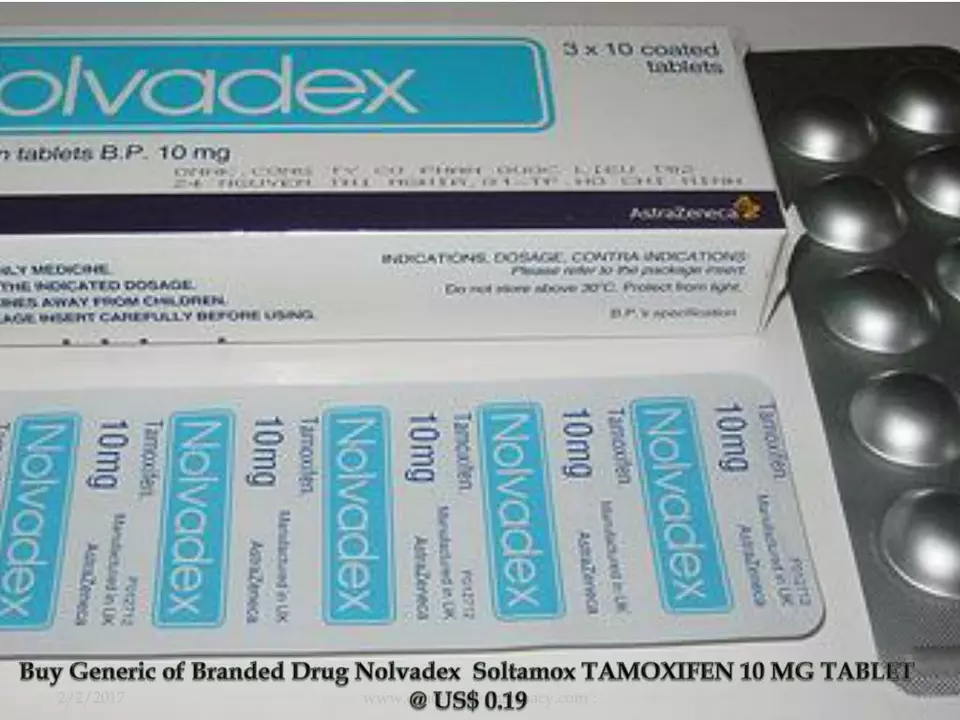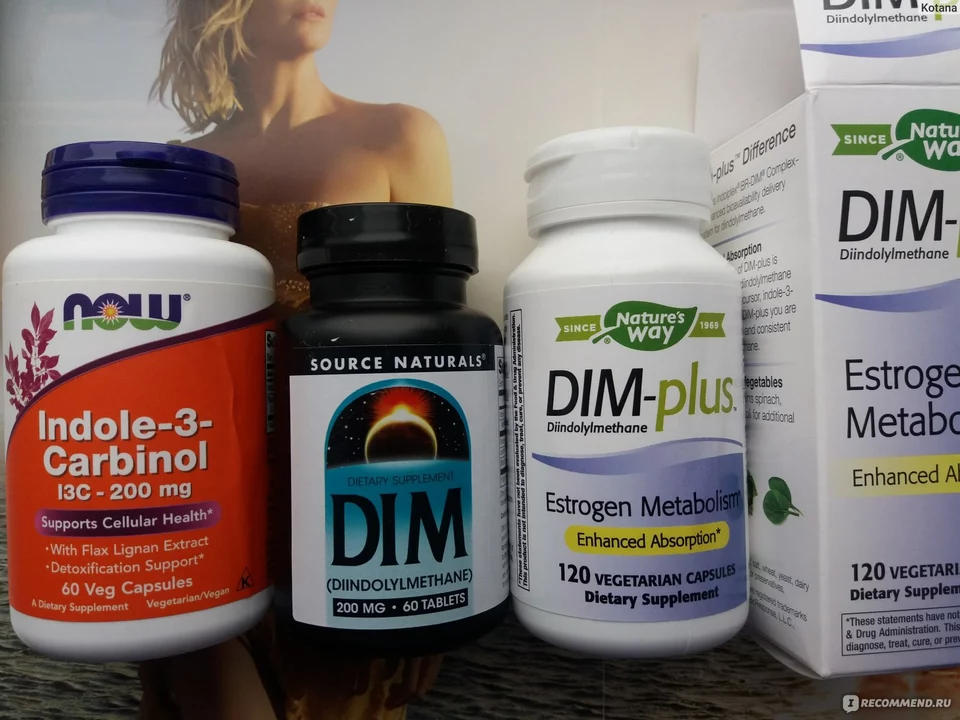June 2023 Archive — What we published on drugs, supplements and surgery
This month’s posts put practical topics front and center: paying for care, new and revived supplements, a urinary-pain medication guide, and a surprising medical link between low blood pressure when standing and gut symptoms. Below I’ll pull the useful points from each June 2023 article so you can act on them without hunting through individual posts.
Medical and insurance notes
One article breaks down how insurance interacts with vaginal surgery. Key takeaway: don’t assume coverage. Call your insurer, ask for the specific CPT code or procedure name, and request preauthorization in writing. If a procedure is labeled cosmetic, you’ll probably pay out of pocket. If it’s to treat a medical problem (pain, infection, functional issues), get a letter of medical necessity from your doctor before scheduling.
Another post explored idiopathic orthostatic hypotension and its link to gastrointestinal complaints like bloating, nausea, and constipation. If you feel dizzy when standing and also have gut symptoms, mention both to your clinician. Tracking when symptoms happen (standing vs. sitting, relation to meals) helps your provider decide whether a cardiology or gastroenterology workup makes sense.
Supplements and OTC options to watch
June featured several supplement-focused pieces. Siberian Cocklebur and Deertongue are being promoted for anti-inflammatory and digestive benefits in the posts. The practical move: if you’re curious, buy from brands that publish third-party test results and start with a low dose while watching for allergies or new symptoms. Avoid products that make hard medical claims without evidence, and tell your clinician if you take herbs alongside prescription meds.
Indole-3-carbinol got its own write-up as a popular compound from cruciferous vegetables. The post highlights claims around hormone balance and liver support. If you consider taking it, check for interactions with hormonal therapies and talk to a provider about duration and monitoring; many herbal-like compounds aren’t meant for indefinite use without oversight.
The phenazopyridine guide covers real-world choices: brand versus generic, what to expect, and safety tips. Phenazopyridine eases urinary pain but can discolor urine and isn’t a substitute for antibiotics when an infection is present. Use short-term, follow package directions, and see a clinician if pain or fever persists — that could signal a deeper problem.
Overall, June’s posts mix consumer-facing tips with caution: ask your insurer for details before surgery, vet supplement sources, and treat OTC meds as temporary tools, not cures. If any post sparked a question about a specific product or procedure, note the brand, keep your receipts, and bring the details to your pharmacist or doctor for a clear next step.









